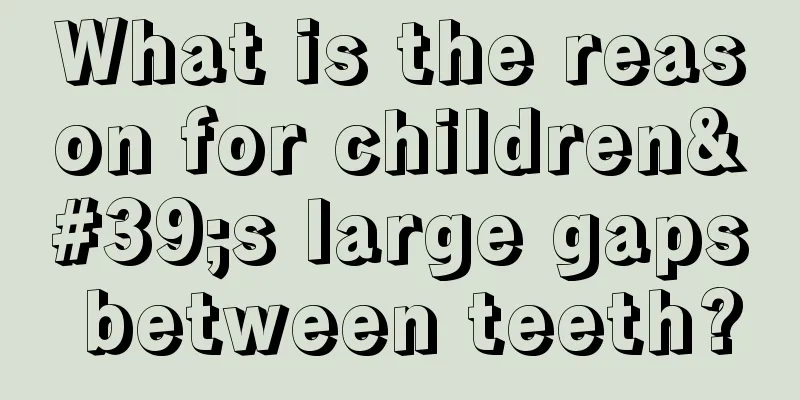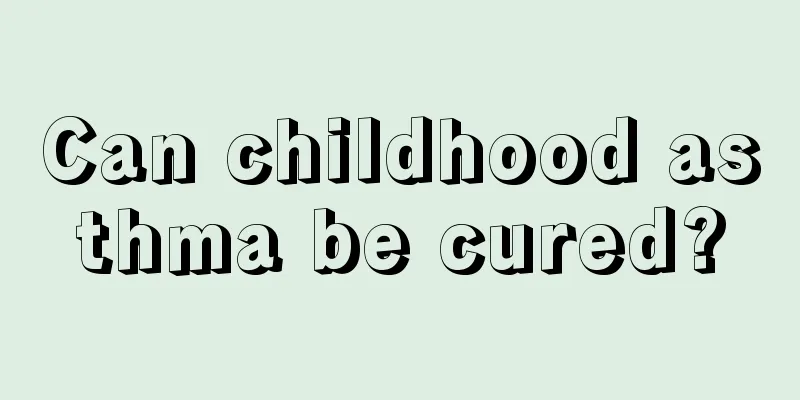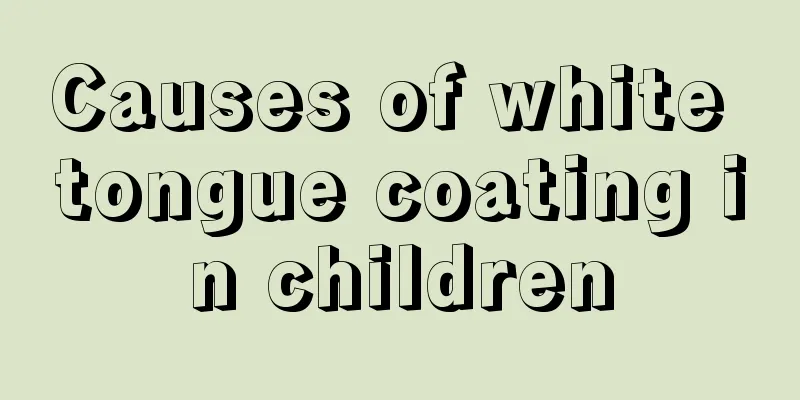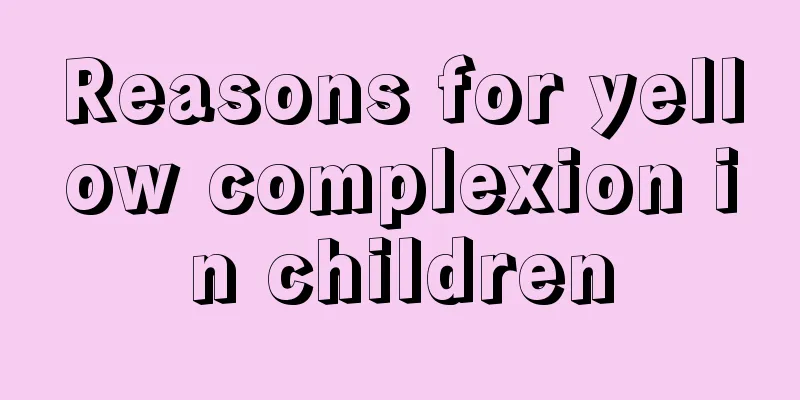What are the benefits of naps for children?

|
At present, many children have not formed the habit of taking a nap. After eating, they will ask their mothers to go out to play. However, for mothers who are tired all day, this is a good time to rest. After eating, the body will be more tired, so taking a nap can allow us to get enough rest and improve physical fatigue. There are many other benefits of taking a nap for children, but children who don’t like taking a nap will not get such benefits. So what are the benefits of taking a nap? The human body mainly relies on sweat from the skin to dissipate heat, so a large amount of blood is concentrated in the skin, which leads to a decrease in blood flow to various organs in the body, and of course the brain tissue is no exception; when the blood flow to the brain tissue decreases, people will become listless and prone to sleep. In addition, due to the hot weather, children should drink more water, which will dilute the gastric juice and make digestion difficult, that is, loss of appetite. If they do not take a nap, children will not only not eat well but also sleep poorly. In the long run, it will affect their growth and development, as well as their intelligence. Also, you should insist on taking a nap in winter because after lunch, the stomach needs blood for digestion and absorption, which will also reduce the blood flow to the brain and make you more fatigued. Only by taking a nap can we eliminate fatigue and make children energetic in the afternoon, which is beneficial to the physical and mental health of children. The length of the nap should be determined according to the age of the child. The younger the child, the longer the nap. The nap time should gradually shorten as the child grows older. In short, taking a nap is beneficial to children's physical and mental health. Nap in the kindergarten's daily schedule is one of the measures to ensure that children get enough sleep, which is beneficial to their healthy growth. The younger the child, the more sleep he or she needs. The sleep time for different ages is: 12 hours for 3-4 years old, 11 hours for 4-5 years old, and 10 hours for 5-6 years old. Young children generally sleep at two times a day: one is at night and the other is during the afternoon nap. The night is very important, and the afternoon nap is also important. Young children's bodies are still developing. From morning to noon, they must be very tired due to participating in group educational activities and various game activities. Therefore, they need a nap, which is beneficial to the child's body and mind. Nap is an important part of a child's daily life. From a medical health perspective: when young children are sleeping, all parts of the body, the brain and the nervous system are regulating, oxygen and energy consumption are minimal, which is conducive to recovering from fatigue. The growth hormone released by the endocrine system increases by 3 times than usual. Therefore, the quality of sleep directly affects the growth and development, physical health, and learning conditions of young children. According to the physiological characteristics of young children, it is very necessary to arrange a 2-2.5 hour nap time during the 8-hour learning and playing process in kindergarten every day (8:00 am - 4:00 pm). Whenever the weather gets cold, parents complain about their children’s naps. Whenever a child catches a cold or cough, they blame it on the “nap”. This is no wonder. Nowadays, children are the treasure of the family, and parents are the most anxious when their children are sick. So naps are really the culprit. There are many benefits of taking a nap for children. Many children must get a good rest when they are growing. If a child is studying, then he needs to take a nap. A nap can help the child's brain develop better and make the child's thinking richer. If a child does not take a nap while studying, then the child will not have much energy when studying, which will have a great impact on the child's academic performance. Therefore, children must take a nap. |
<<: Is it okay for children to take a nap?
>>: First aid for foreign bodies in children's trachea
Recommend
What are the symptoms of hand, foot and mouth disease encephalitis?
Hand, foot and mouth disease is a common infectio...
What are the symptoms of measles in babies
Urticaria is a disease that often occurs in infan...
Why does my child keep farting?
Some parents reported that their 15-year-old chil...
What to do if your child has asthma
The air quality is particularly poor now, so ther...
How much does a two month old baby weigh?
There are many issues that we need to pay attenti...
Height at one year and seven months
Under normal circumstances, babies who are one ye...
Causes and treatment of vomiting and fever in children
I believe everyone knows that children are prone ...
What are the medicines for clearing heat and detoxifying in children?
As people's nightlife becomes more and more a...
What is the matter with the student's right shoulder pain
We know that today's students have heavy acad...
Can children eat fish when they have a cough?
Children who often catch colds and coughs are a h...
What to do if your baby has a blocked nose
When a baby is just born, its body is extremely s...
Can children with roseola eat fruit?
For many children, the immature development of th...
Prevention of uremia in children
When it comes to uremia, many people actually hav...
How should appendicitis in children be diagnosed?
Generally, children will have stomach pain. At th...
What to do if your baby gets prickly heat?
In the hot summer, the human body sweats a lot, a...









